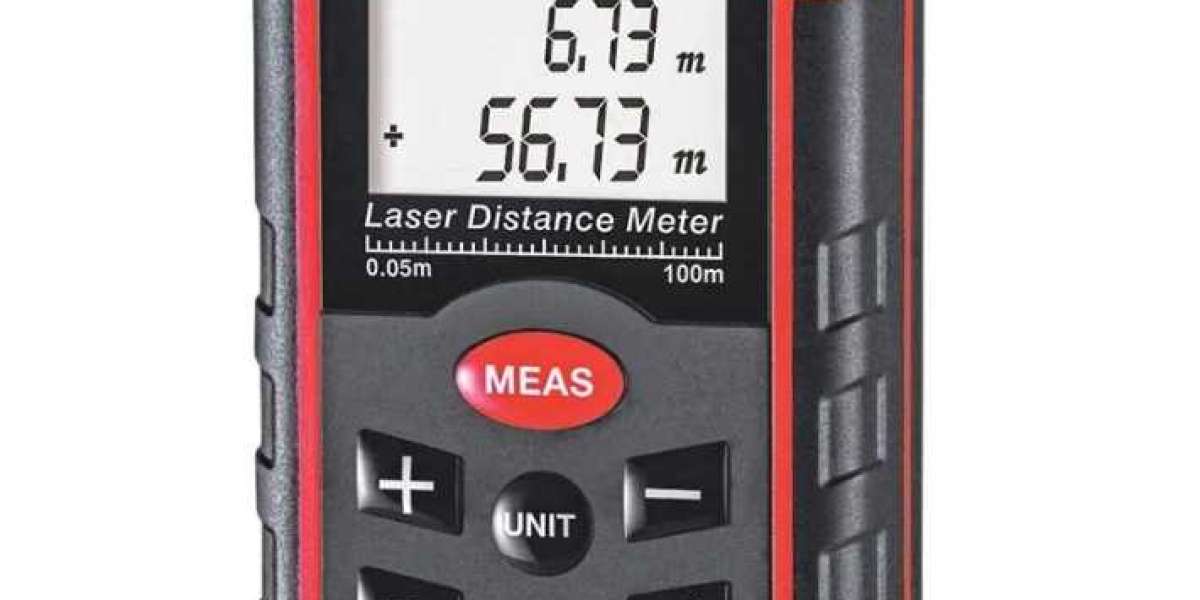The Internet of Things (IoT) is revolutionizing industries across the globe, and one sector that is particularly benefiting from IoT innovation is manufacturing. With the ability to connect machines, devices, and systems, IoT enables manufacturers to gather real-time data, optimize processes, and enhance productivity in ways that were once impossible. The rise of IoT software development services has accelerated the adoption of these technologies, helping companies create tailored IoT solutions that address their unique challenges. In this detailed guide, we will explore how IoT is transforming the manufacturing industry, the benefits it offers, and how businesses can leverage custom IoT development services to maximize their potential.
What is IoT in Manufacturing?
IoT in manufacturing refers to the integration of sensors, machines, devices, and software to enable the exchange of data and automate processes within a manufacturing facility. Through connected devices, IoT systems collect valuable data from machinery, inventory, and workers, which is then analyzed to gain actionable insights. These insights help optimize operations, improve production quality, reduce costs, and increase efficiency.
In manufacturing, IoT typically involves the use of sensors to monitor machine performance, track raw materials, and collect data on environmental conditions such as temperature, humidity, or air quality. This real-time data can be analyzed to predict maintenance needs, ensure compliance with safety standards, and automate repetitive tasks.
Key IoT Applications in Manufacturing
- Predictive Maintenance
- One of the most impactful applications of IoT in manufacturing is predictive maintenance. Traditional maintenance methods rely on fixed schedules or reactive maintenance, both of which can lead to unnecessary downtime or unexpected failures. IoT-enabled predictive maintenance uses real-time data from sensors embedded in machinery to monitor its condition continuously. By analyzing this data, manufacturers can predict when a machine is likely to fail and schedule maintenance ahead of time, minimizing costly downtime and extending the life of the equipment.
- Inventory Management and Supply Chain Optimization
Inventory management is another area where IoT is making a significant difference. With the help of IoT sensors and RFID tags, manufacturers can track raw materials, work-in-progress items, and finished goods in real time. This level of visibility helps businesses reduce excess inventory, improve supply chain efficiency, and ensure that production processes aren’t held up by stock shortages. Furthermore, IoT solutions enable manufacturers to automate ordering processes, ensuring that supplies are replenished just in time, thus reducing inventory holding costs.
- Quality Control and Process Automation
IoT also plays a key role in enhancing quality control in manufacturing. IoT sensors can monitor production processes in real time, detecting anomalies in products as they are being made. By integrating IoT systems into the production line, manufacturers can catch defects early and prevent the need for costly reworks. Additionally, IoT allows for the automation of quality checks, ensuring that products meet predefined standards without human intervention. This not only speeds up the process but also reduces the risk of human error.
- Energy Management
Managing energy consumption is a growing priority for manufacturers as energy costs rise and sustainability becomes more important. IoT can optimize energy usage by monitoring consumption across various machines, equipment, and production lines. Through data analysis, manufacturers can identify inefficiencies and implement measures to reduce energy waste. For example, IoT solutions can automatically adjust machine settings based on demand, helping companies reduce energy costs and improve their environmental footprint.
- Worker Safety and Environmental Monitoring
IoT systems in manufacturing can also enhance worker safety by monitoring environmental conditions such as temperature, air quality, and humidity. If hazardous conditions arise, such as high levels of toxic gases or extreme temperatures, IoT systems can trigger alerts to warn workers and initiate safety protocols. Moreover, wearable IoT devices can track workers’ vital signs and movements, allowing managers to ensure that employees are not overexerting themselves or working in dangerous environments.
Benefits of IoT in Manufacturing
The adoption of IoT in manufacturing offers numerous benefits that can significantly impact a company’s bottom line. Here are some of the key advantages:
- Increased Efficiency and Productivity
IoT enables automation and real-time data analysis, which can streamline operations, reduce human error, and eliminate inefficiencies. With IoT-enabled machines working autonomously, production lines can run smoother, faster, and with fewer interruptions. Additionally, by optimizing workflows and reducing delays, IoT helps manufacturers increase overall productivity.
- Cost Reduction
By reducing downtime, minimizing waste, and improving energy efficiency, IoT solutions lead to substantial cost savings. Predictive maintenance, for example, helps avoid the high costs associated with unexpected machine breakdowns and repairs. Furthermore, better inventory management reduces storage costs and ensures that manufacturers only order materials when they are needed.
- Improved Product Quality
IoT-driven quality control systems provide real-time feedback, ensuring that production standards are consistently met. By detecting defects early in the manufacturing process, companies can prevent quality issues from reaching customers. This leads to fewer returns, increased customer satisfaction, and stronger brand reputation.
- Better Decision-Making
With the vast amount of data generated by IoT systems, manufacturers have access to insights that can improve decision-making. Data analytics allows managers to identify patterns, predict trends, and make data-driven decisions that positively impact business operations. This enhanced decision-making helps companies stay competitive in a rapidly changing market.
- Enhanced Customer Experience
IoT enables manufacturers to respond to customer demands more quickly and effectively. Real-time tracking and monitoring ensure that orders are fulfilled on time and that products meet customer specifications. IoT also enables manufacturers to offer personalized services, such as customizations based on individual customer preferences.
Estimating the Costs of IoT Development
For businesses looking to implement IoT solutions, understanding the costs involved is crucial. A mobile app cost calculator can help estimate the cost of developing an IoT application, taking into account factors such as the complexity of the project, the number of devices to be connected, and the features required. This tool can help businesses plan their budget and make informed decisions when choosing an IoT software development partner.
In addition to upfront development costs, businesses must consider ongoing maintenance and support for their IoT systems. Regular software updates, security patches, and hardware maintenance are essential to ensure that IoT applications continue to function effectively and securely.
Custom IoT Development Services for Manufacturing
As the demand for IoT solutions grows, many manufacturing companies are turning to custom IoT development services to create tailored solutions that meet their specific needs. Custom development allows businesses to build IoT applications that integrate seamlessly with existing infrastructure, automate workflows, and deliver the exact features required to achieve business goals.
By partnering with an experienced IoT development team, manufacturers can create scalable, secure, and highly functional IoT solutions that drive efficiency and innovation. Whether it’s predictive maintenance, supply chain optimization, or energy management, custom IoT development services ensure that businesses can maximize the benefits of IoT technology.
If you're interested in exploring the benefits of IoT software development services, services for your business, we encourage you to book an appointment with our team of experts.
Conclusion
IoT is revolutionizing the manufacturing industry by offering solutions that increase productivity, reduce costs, and improve quality. From predictive maintenance to enhanced worker safety, the applications of IoT in manufacturing are vast and impactful. With the help of IoT software development services, businesses can leverage this technology to stay ahead of the competition and meet the evolving demands of the market. For those looking for tailored solutions, custom IoT development services can help create the perfect IoT system to suit your unique needs. Start your IoT journey today and unlock the full potential of connected manufacturing!













